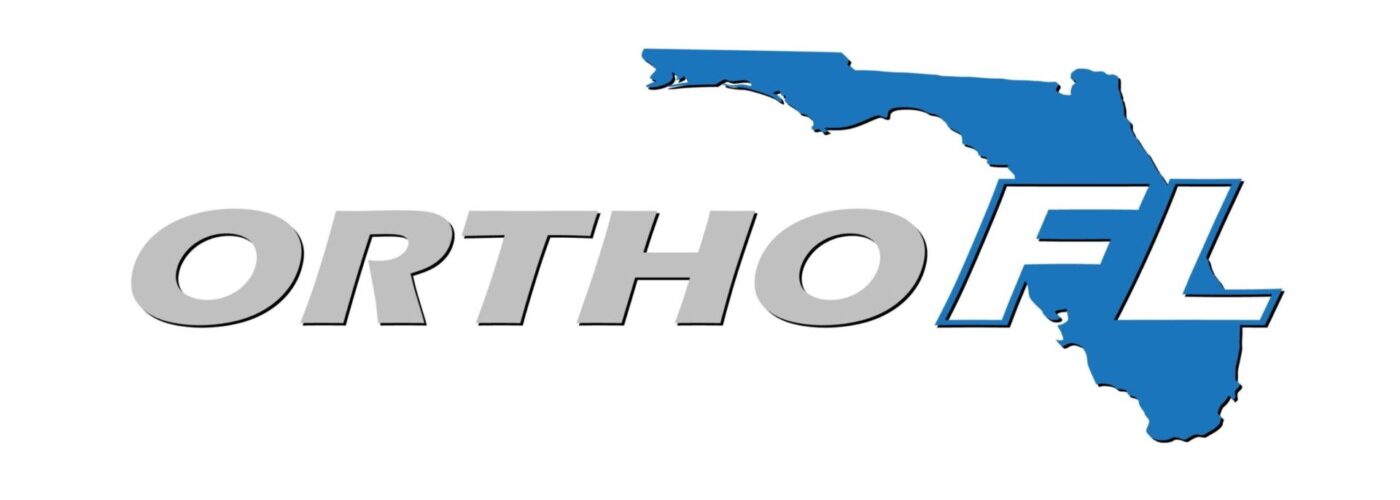
Maintaining financial health is as critical for orthopedic practices as delivering quality patient care. However, revenue management in orthopedics is complex and often fraught with administrative burdens. From billing and coding challenges to payer negotiations and compliance requirements, orthopedic practices face financial risks that can impact revenue integrity.
Enter management services organizations (MSOs), specialized entities designed to support healthcare providers with administrative, financial, and operational tasks. By leveraging MSO financial support, orthopedic practices can enhance MSO revenue integrity, reduce billing errors, and streamline revenue cycle management. This article delves into how MSOs significantly alleviate administrative burdens for orthopedic practices, ensuring revenue integrity.
Understanding Revenue Integrity in Orthopedic Practices
What is Revenue Integrity?
Revenue integrity in healthcare refers to capturing, managing, and optimizing revenue while maintaining compliance with payer regulations and coding standards. In orthopedic practices, revenue integrity encompasses the following:
- Accurate documentation and coding of procedures
- Efficient claims submission and reimbursement
- Compliance with federal and state billing regulations
- Effective denial management and appeals processes
Orthopedic practices face delayed reimbursements, claim denials, audits, and potential financial penalties when revenue integrity is compromised. Ensuring orthopedic revenue integrity requires a systematic approach to billing, collections, and compliance, where MSOs provide invaluable assistance.

The Role of MSOs in Revenue Integrity for Orthopedic Practices
1. Optimizing Revenue Cycle Management (RCM)
Revenue cycle management (RCM) is the backbone of financial stability for orthopedic practices. MSO revenue integrity solutions streamline the entire revenue cycle, from patient registration to final payment collection. MSOs enhance RCM by:
- Automating claim submissions to reduce human errors
- Implementing pre-authorization processes to prevent reimbursement delays
- Utilizing data analytics to track financial performance and identify revenue leaks
By leveraging MSOs, orthopedic practices can optimize cash flow and minimize claim denials, ultimately improving financial sustainability.
2. Reducing Administrative Burden
Administrative tasks related to revenue management for orthopedics can be time-consuming and resource-intensive. MSOs alleviate this burden by:
- Handling coding and billing functions with specialized expertise
- Managing payer negotiations to secure favorable reimbursement rates
- Ensuring compliance with constantly changing regulations
Orthopedic providers can focus on patient care by outsourcing administrative responsibilities while ensuring financial efficiency.
3. Enhancing Compliance and Reducing Risk
Healthcare regulations are complex, and non-compliance can result in hefty penalties. MSOs help orthopedic practices maintain compliance by:
- Conducting regular coding audits to detect errors
- Providing education and training for staff on regulatory changes
- Implementing robust internal controls to prevent fraud and billing inconsistencies
These efforts ensure that orthopedic practices remain compliant while maximizing revenue opportunities.
4. Improving Claims Management and Denial Prevention
Denied claims are a significant challenge for orthopedic practices, leading to revenue loss and administrative inefficiencies. MSOs play a crucial role in orthopedic revenue integrity by:
- Implementing proactive denial management strategies
- Conducting root cause analysis on denied claims
- Enhancing documentation accuracy to prevent coding-related rejections
With MSO support, orthopedic practices can reduce claim denials and accelerate reimbursement timelines.
5. Data-Driven Financial Decision-Making
Financial transparency is essential for orthopedic practices seeking long-term success. MSOs provide detailed financial reports, key performance indicators (KPIs), and benchmarking data to support informed decision-making. MSOs enable:
- Real-time financial performance tracking
- Revenue forecasting to optimize budgeting
- Identification of inefficiencies and revenue leakage
With access to MSO financial support, orthopedic practices can make strategic decisions that enhance profitability and sustainability.

Key Benefits of MSOs in Revenue Integrity
Increased Revenue Capture
MSOs ensure all services rendered are accurately documented, coded, and billed, reducing missed revenue opportunities.
Reduction in Administrative Costs
Orthopedic practices can lower staffing expenses and reduce overhead costs by outsourcing revenue management tasks.
Improved Compliance and Audit Readiness
MSOs implement standardized protocols to safeguard against compliance violations and prepare practices for audits.
Faster Reimbursements
Optimized claims processing and proactive denial management lead to quicker reimbursements and improved cash flow.
Focus on Patient Care
With administrative burdens reduced, orthopedic providers can dedicate more time to patient-centered care and clinical excellence.
Choosing the Right MSO for Orthopedic Revenue Integrity
Selecting an MSO that aligns with the unique needs of an orthopedic practice is essential for achieving revenue integrity. Here’s what to consider when evaluating MSO partners:
1. Industry Experience and Expertise
Look for MSOs with a proven track record in orthopedic practice management, particularly in revenue cycle optimization.
2. Technology Integration
An MSO should offer advanced billing software and data analytics tools to enhance financial transparency and revenue tracking.
3. Regulatory Knowledge
Choose an MSO that is well-versed in orthopedic billing guidelines, payer policies, and compliance regulations.
4. Scalability
Ensure the MSO can accommodate practice growth, whether expanding services or adding new locations.
5. Transparent Pricing Models
Evaluate the cost structure and fee transparency to ensure financial feasibility without unexpected expenses.
By selecting the right MSO, orthopedic practices can confidently optimize their financial operations while safeguarding revenue integrity.
FAQs About MSOs and Revenue Integrity in Orthopedic Practices
1. What is an MSO, and how does it help orthopedic practices?
A Management Services Organization (MSO) provides administrative, financial, and operational support to healthcare practices. For orthopedic practices, MSOs handle billing, revenue cycle management, compliance, and payer negotiations to enhance revenue integrity and reduce administrative burdens.
2. How does an MSO improve revenue integrity in orthopedic practices?
MSOs ensure orthopedic revenue integrity by optimizing coding accuracy, preventing claim denials, ensuring compliance with healthcare regulations, and implementing efficient revenue cycle management strategies.
3. What are the most significant financial challenges orthopedic practices face?
Orthopedic practices often struggle with complex coding requirements, high claim denial rates, regulatory compliance, and payer reimbursement delays. These financial challenges impact cash flow and profitability.
4. Can small orthopedic practices benefit from MSO financial support?
Absolutely. MSOs provide scalable solutions, meaning small orthopedic practices can access the same revenue management expertise as larger organizations without the burden of hiring in-house administrative staff.
5. How do MSOs help with compliance and regulatory changes?
MSOs stay updated on changing healthcare regulations and payer policies, providing training, auditing services, and automated compliance tools to ensure orthopedic practices meet industry standards, giving you a sense of security and protection.
6. What should I look for when choosing an MSO for my orthopedic practice?
Key factors to consider include industry experience, technology capabilities, compliance expertise, scalability, and transparent pricing models.
Partner with OrthoFlorida to Optimize Your Revenue Management
Ensuring orthopedic revenue integrity is critical for the long-term success of any orthopedic practice. However, the complexities of revenue cycle management, compliance, and claims processing can overwhelm in-house administrative teams. MSO revenue integrity solutions offer a powerful way for orthopedic practices to enhance revenue management for orthopedics while reducing administrative burdens.
By partnering with Ortho Florida, orthopedic providers gain access to financial expertise, advanced technology, and compliance support—all of which contribute to improved revenue output. As the landscape evolves, MSOs will remain essential in helping orthopedic practices navigate financial challenges and maintain long-term stability.
Are you looking for a trusted MSO partner to enhance revenue integrity for your orthopedic practice? Contact OrthoFlorida today to explore how our tailored financial support solutions can help streamline operations and maximize revenue potential.
